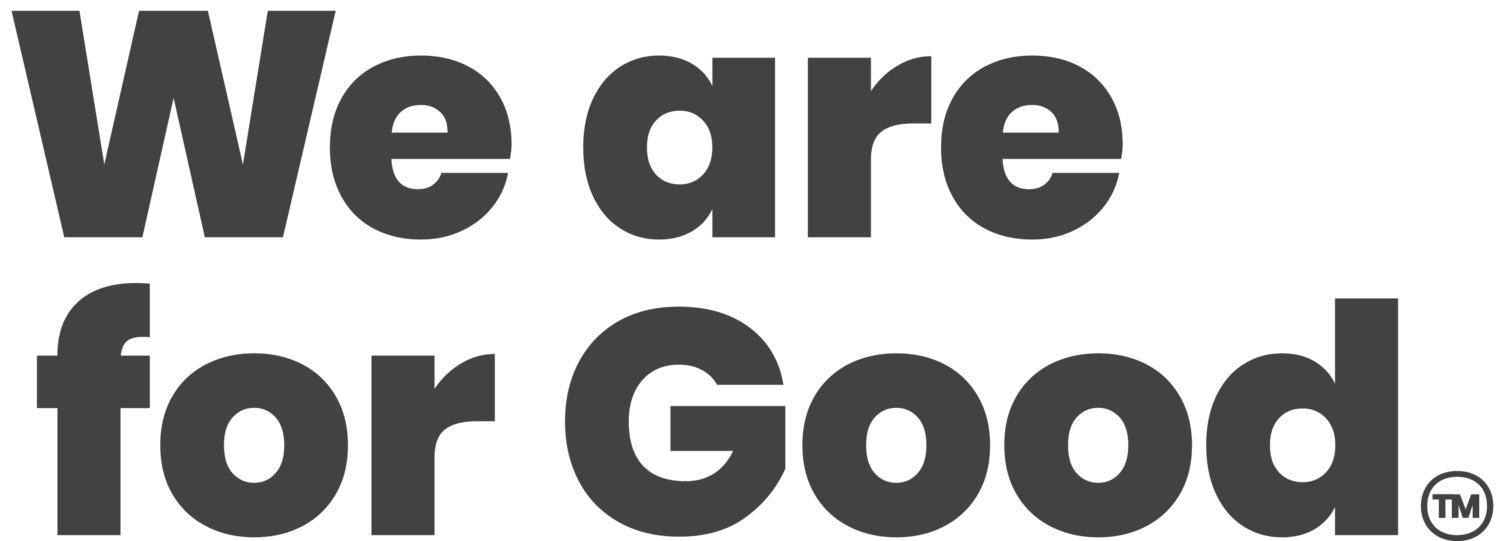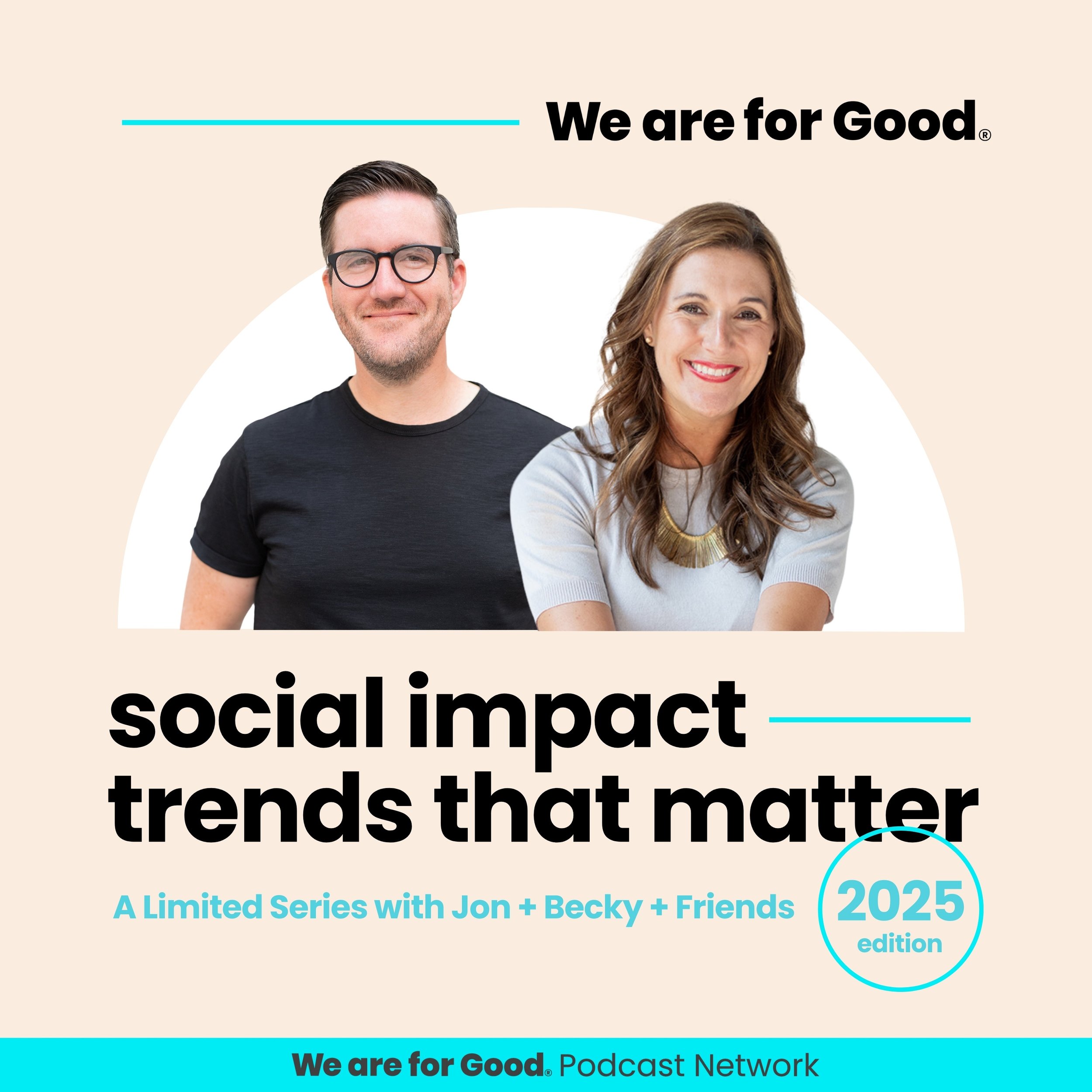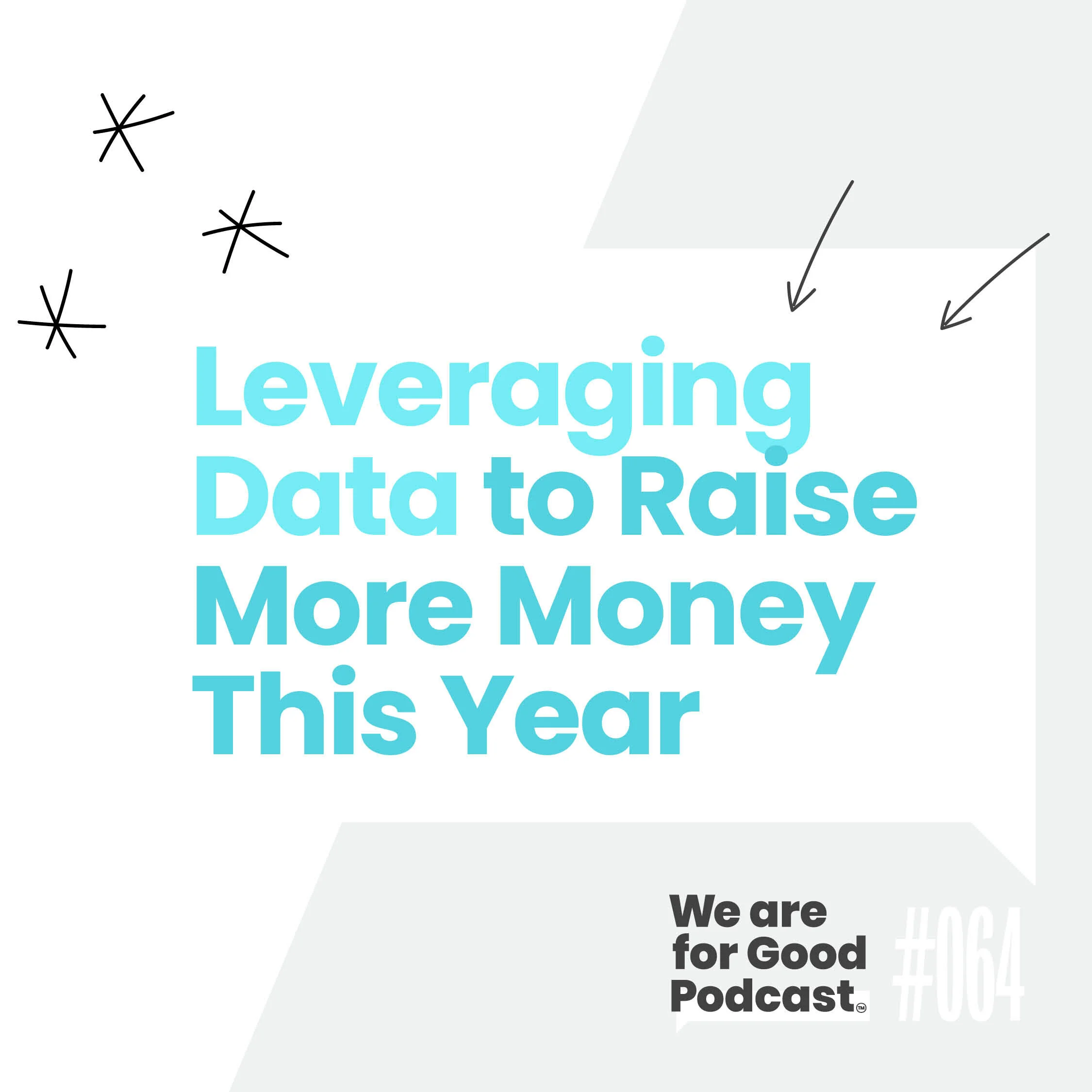64. Leveraging Data to Raise More Money This Year - Adrian Owen Jones, CFRE
Listen to this episode
Overview
Meet Adrian. She believes a core thread of growth is making well-informed decisions. But that can only be known and informed through analytics. This former world-ranked World of Warcraft gamer-turned-fundraiser is walking us through leveraging data and technology to the benefit of our missions. It's a fascinating discussion challenging you to use data to ask questions rather than make assumptions.
Today’s Guest
Adrian Owen Jones, Assistant Vice President for Advancement Services, LSU Foundation
“You have to be leveraging data to make well informed decisions.”
Adrian’s background and journey to the nonprofit world (2:37)
The future of philanthropy and importance of analytics (3:52)
Data tips & tricks (5:37)
Data will help you make informed decisions with your budgeting, strategy, and fundraising (6:00)
Building Baselines (10:47)
Leveraging Data to Raise More Money (13:08)
The importance of technology in the future of philanthropy (19:23)
Have a team minded approach: fundraising is a team and we are all coming together to create evolved, innovative plans (23:00)
Adrian’s advice for small nonprofits and leadership principles if you have limited resources (24:44)
The biggest opportunity is with a small shop. You truly just need a spreadsheet (25:00)
Adrian’s One Good Thing: Start every day with gratitude. (36:29)
Powerful Quotes:
“I think the core thread is making well-informed decisions.” - Adrian
“I don’t think philanthropy is ever going to stop being a relationship-driven business.” - Adrian
“At it’s (philanthropic) core, it’s about telling a story well and it’s about building those relationships.” - Adrian
“How can we work a little bit smarter with the dollars we have?” - Adrian
“We cannot discount the fact that the science of it has to be integral. Your investors, philanthropists, and high level leadership aren’t all subscribed to this idea.” - Becky
“This world is moving too quickly, we cannot just keep doing the same old things over and over again. We need to honor our strategic plans, but we need to take a hard look at them and look at the data.” - Becky
“A lot of people don’t even fathom the possibility of what unrestricted dollars could do.” - Adrian
“The things that take to the organizations to the next level is transformational philanthropy. That is deeply relational and deeply impact and story-driven. Your baseline, your operational dollars you can count on year over year is 100% science. The art is what takes you into the upper atmosphere, but the core infrastructure of what will keep an organization sustainable is easy to figure out in the numbers.” - Adrian
“If you want to dream big, let’s get the base-line, and science down, so we can get to the art above it.” -Adrian
“You can have a creative mind and embrace data. For me, It has been transformational because I am able to apply my creativity in a way that observes patterns and can draw conclusions from those patterns, and help people connect the dots between what the data is telling them and what the inputs actually are.” -Adrian
“Really use (it) to ask more questions, not to make assumptions.” - Adrian
“If you’re not hearing ‘no’s,’ you’re not asking enough.” - Jon
“Getting uncomfortable is important.” - Adrian
“I think we should be looking and leveraging technology that way we make it as easy as possible for fundraisers to fundraise.” - Adrian
“What good is data if you’re not applying it?” - Adrian
“You can’t collaborate if you can’t see what the other person is doing.” - Adrian
“Everywhere you go I feel like you’re learning and then you want to leave it and you share it with people.” - Jon
“To do what I do effectively, I have to empower the people around me.” - Adrian
“Putting as limited information in my visual field as possible and pushing information forward that was necessary for me to make a decision without thinking.” - Adrian
“Don’t try to take in all the information at once.” - Adrian
“Gaming is becoming a major part of philanthropy.” - Becky
“It’s incredible how philanthropy can be transformational in such a positive way.” - Adrian
“We just need to follow our passion because this space needs all of us.” - Jon
“I start every day with gratitude.” - Adrian
Adrian’s Tips to Leverage Data and Raise More Money
1. Metrics are obvious
It is hard. You want to maintain inspiration and passion, but the reality is face-to-face visits tend to yield dollars. COVID has showed us this can be via Zoom, and the numbers tell us that. Continue to work to meet your metrics, and be motivated to continuing inputing your data.
2. Look at your donor base
A lot of people focus on acquisition. Really look at who is telling you they are attached to your mission already, particularly if they have capacity.
3. Use data analysis to ask more questions not to make assumptions
Let’s talk about performance data. If you are looking at a fundraiser and they are down on their visits but they are meeting their fundraising goals, this could be impacting their pipeline down the way. Look at visits and other activities happening, notice what are the trends, and ask questions about what might be influencing them.
4. Don’t stay in the comfortable zone
While you want to go where you have built in support, you have to get comfortable being uncomfortable. Could you ask someone for more? If you gave them a big idea could they support it? This is the art of fundraising, but it is the science that can point you in the right direction.
5. Make things as low friction as possible for your staff
Focus on the “two-click rule”. It shouldn’t take your fundraisers more than “two clicks” to input data. You can leverage technology. Utilize innovative voice-to-text softwares if your fundraisers think out loud.
6. Make your metrics public
Fundraisers want to be more collaborative. To do that, you need to open up the entire system. You don’t know what to collaborate on if you can’t see what the other person is doing. It takes an institution willing to say “these aren’t your personal prospects, they are the institutions’.” You as a fundraiser have the responsibility as a sound steward to put that data in.
7. You truly just need a spreadsheet
Even if you are a small shop and don’t have the resources to hire a full team devoted to data, don’t stress! You truly just need a spreadsheet. Leverage these for segmentation, and think strategically and with surgical precision about how you are focusing your time. This is the best place to start. Ask yourself who are the highest potential prospects for you and how can you engage your leadership to move them along?
Resources Mentioned
Connect with Adrian
Connect with LSU Foundation
Watch this episode
Share this episode
Jonathan McCoy (& Pippa!), Adrian Owen Jones, Julie Confer & Becky Endicott













